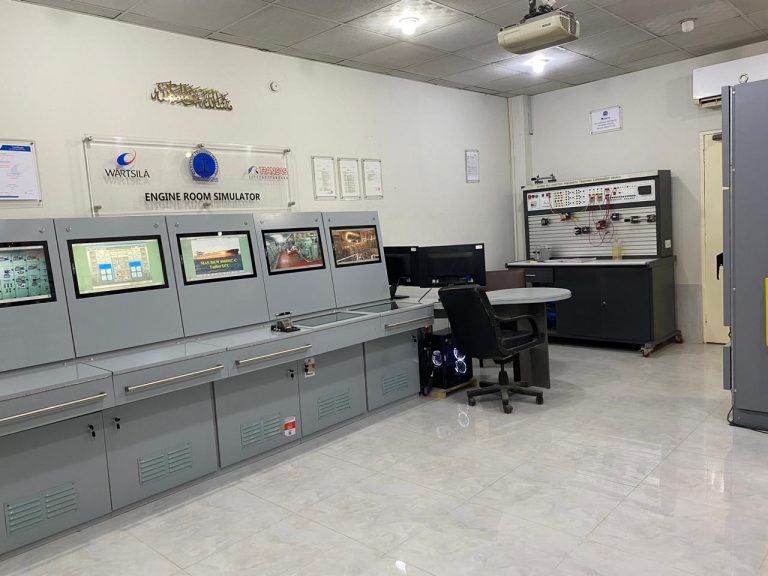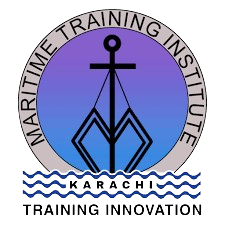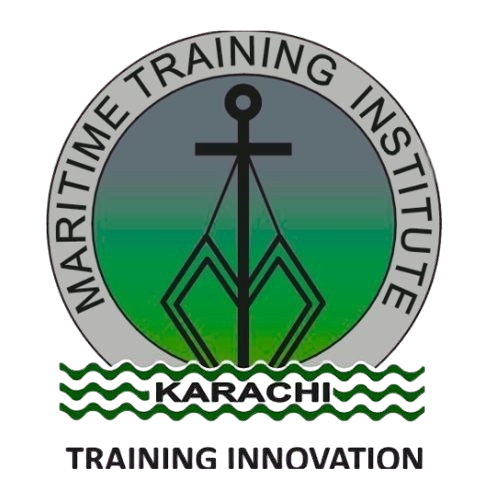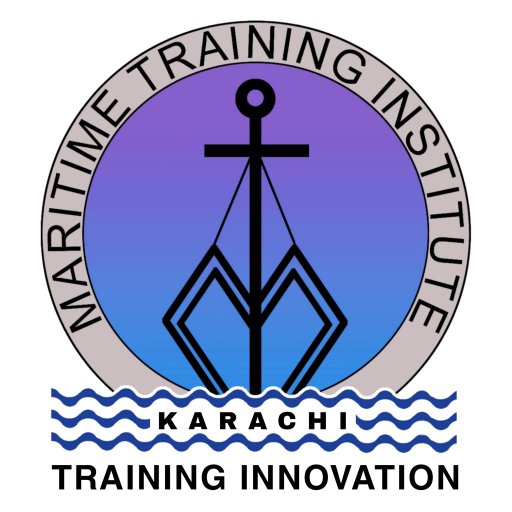Our Engine Plant Simulator replicates a genuine engine room, offering trainees an immersive experience.
Our simulator provides a wide range of interactive training modules that cover different aspects of engine plant operations.
The simulator accelerates the learning process by combining theoretical knowledge with hands-on experience, enabling trainees to develop a deeper understanding of engine plant operations.
What is EPS?
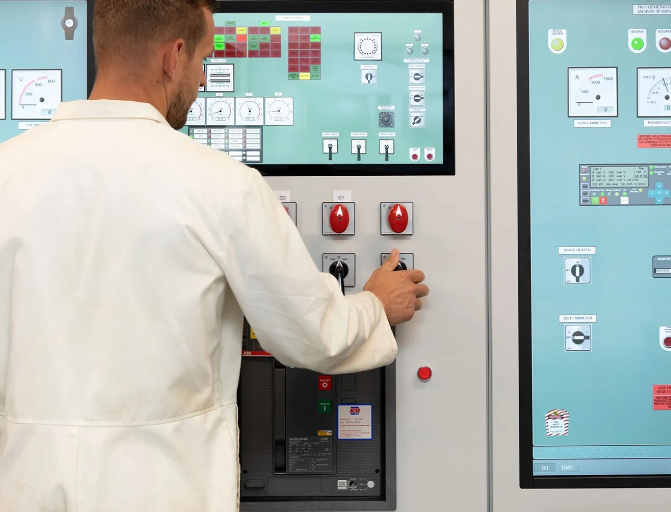
Realistic Simulation Environment
Our Engine Plant Simulator replicates a genuine engine room, offering trainees an immersive experience. The simulator recreates various scenarios, from routine maintenance to critical emergency situations, enabling students to practice their skills and decision-making abilities in a safe and controlled environment.
ENGINE PLANT SIMULATOR INSTRUCTORS

Chief Engr. Ghayas Uddin Mukaddam
23 years of experience as Chief Engineer in which 14 Years were in Dynacom (1996-2010), five years in Scinicariello and 7 years in National Irani Tanker Company (NITC), starts carrier from Arya Notional Shipping Cooperation in 1978 as 5th Engineer, also work as superintendent and Technical Manager in various companies.

Chief Engr. Ehtesham Hasan Khan
Join Pakistan National Shipping Cooperation (PNSC) years (1983-2007) as a 5th Engineer up to Sr. 2nd Engineer. 10 years of experience as a Chief Engineer In Qatar Navigation and Transocean Shipping Singapore.

Engr. Muhammad Saud
Done BE in (Electrical Engineering) from Usman Institute of Technology (UIT) in 2014. Provides services in various educational Institute as Engg. Lecturer, joint Maritime Training Institute in 2021 as Marine Electrical Instructor.
Interactive Training Modules
Our simulator provides a wide range of interactive training modules that cover different aspects of engine plant operations. Trainees can learn about system controls, troubleshooting, fault analysis, and maintenance procedures through practical exercises and simulations. The modules are designed to cater to different proficiency levels, allowing both novice and experienced engineers to enhance their knowledge and skills.
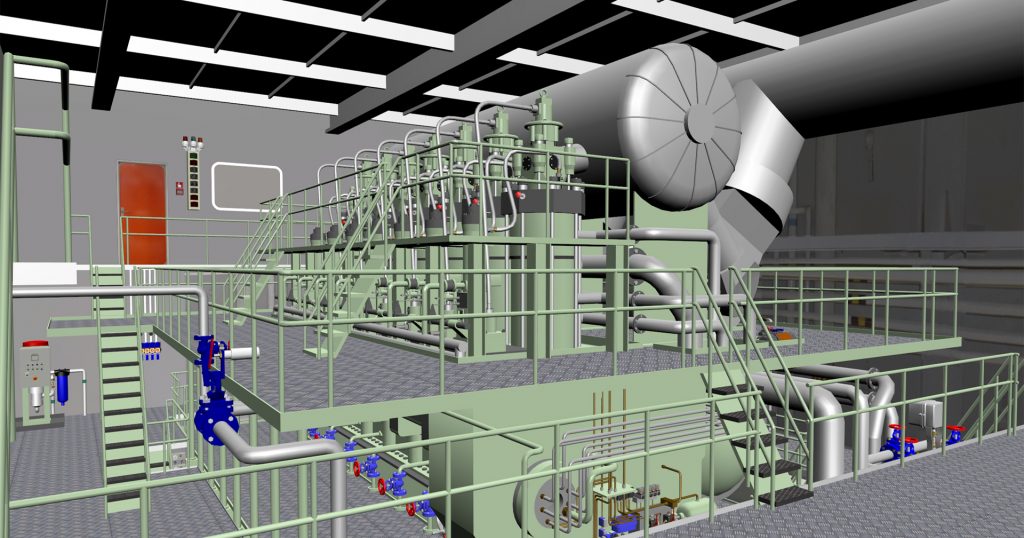
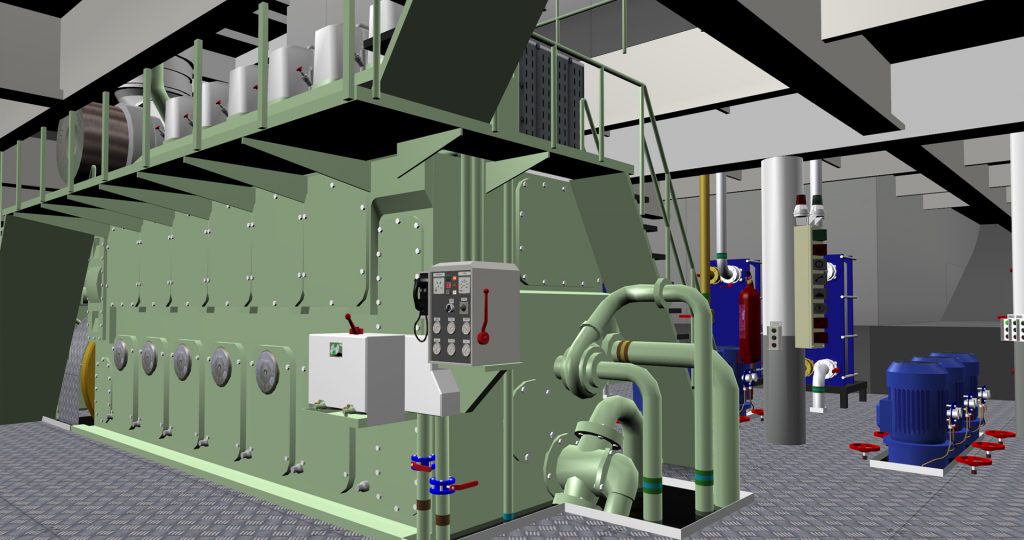
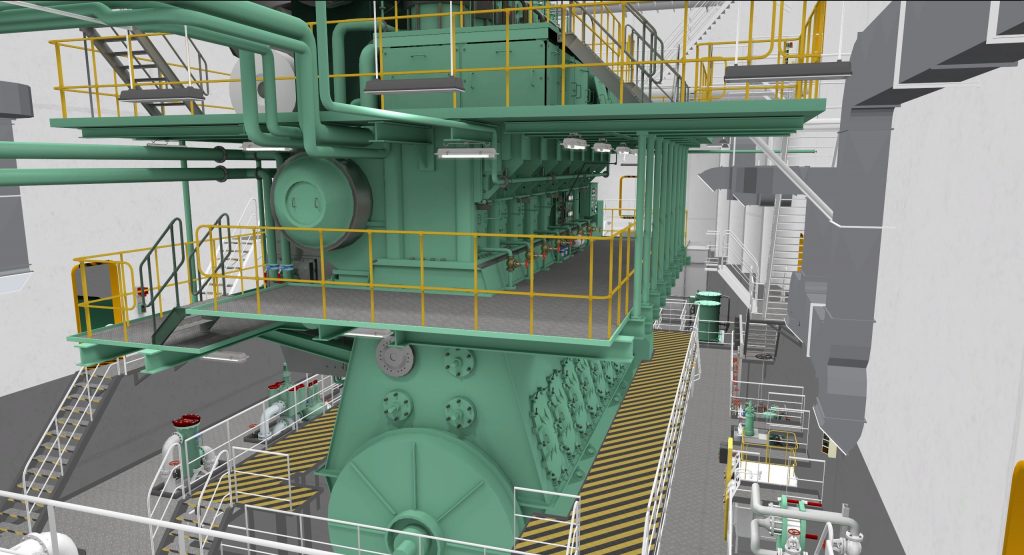
REQUIREMENTS
It is mandatory requirement to do EPS course prior appearing of EOCW “Certificate of Competency”
Benefits of the Engine Plant Simulator
The simulator accelerates the learning process by combining theoretical knowledge with hands-on experience, enabling trainees to develop a deeper understanding of engine plant operations. Risk-Free Training: By providing a risk-free training environment, the simulator eliminates potential hazards associated with real-life engine rooms, ensuring trainees’ safety while they acquire essential skills. Cost Efficiency: Utilizing the simulator reduces the need for expensive physical equipment and fuel consumption, resulting in cost-effective training for both individuals and training institutes.
The Future of Engine Plant Simulation
As technology advances, the future of Engine Plant Simulation looks promising: Integration of Artificial Intelligence: AI-powered systems can enhance the simulator’s realism by simulating realistic scenarios and responding dynamically to trainees’ actions, fostering more advanced problem-solving skills. Virtual Reality (VR) Integration: Incorporating VR technology can offer an even more immersive training experience, allowing trainees to interact with virtual engine components and perform tasks as if they were physically present. Cloud-Based Collaboration: Future simulators may enable trainees and instructors from different locations to collaborate in real-time through cloud-based platforms, fostering global knowledge sharing and expanding the reach of maritime training.
